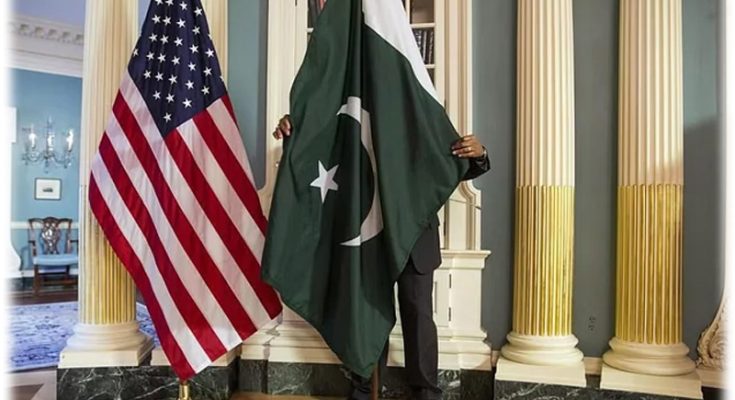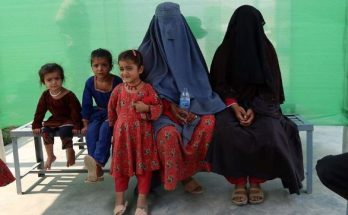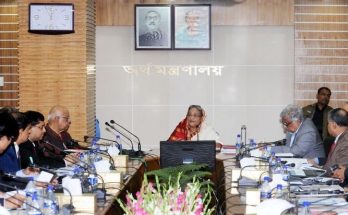#Pakistan, #Minority, #PakistanMinority
IBNS: The recent inclusion of Pakistan, along with countries like China, on the US list of “Countries of Particular Concern” for religious freedom violations rings out not just as a diplomatic rebuke, but as an urgent call to action. For far too long, Pakistan’s minorities, particularly its Sikh community, have endured systemic discrimination and violence, their sacred spaces desecrated, their voices silenced. It is time for this pattern to end, not just for the sake of international standing, but for the sake of Pakistan’s own soul.
The plight of Sikhs in Pakistan is a stark illustration of the nation’s policy of religious intolerance. From forced conversions and kidnappings to attacks on Gurdwaras like the revered Kartarpur Sahib, the community has faced systematic persecution. The neglect and destruction of historical Gurdwaras like Teri Beli Ram Di, Lahore, stand as monuments to the erosion of cultural heritage and religious freedom. These are not isolated incidents; they represent a deeply worrying trend of marginalization and violence.
This designation by the US, while rightly criticized for its broad categorizations, holds a mirror to Pakistan’s internal reality. It cannot be dismissed as mere “bias.” The scars of religious persecution are etched across the land, from the forced exodus of Hindus during Partition to the ongoing targeting of Ahmadiyyas and Christians. Ignoring these realities only deepens the wounds and hinders Pakistan’s progress.
To move forward, Pakistan must embark on a path of genuine tolerance and inclusivity. Guaranteeing the safety and security of its minorities is not just a moral imperative, but a strategic one. The “Countries of Particular Concern” designation carries significant economic consequences, potentially impacting crucial aid and trade partnerships. An already fragile economy cannot afford such isolation.
Pakistan needs to shed the policy of religious persecution that hangs over its soil. It must dismantle the structures of discrimination, hold perpetrators accountable, and foster an environment where all faiths can flourish. This is not just about appeasing international scrutiny; it is about building a nation where every citizen feels safe, respected, and empowered to contribute to a brighter future. The choice is clear: Pakistan can remain mired in the darkness of intolerance, or it can step into the light of inclusivity and build a brighter future for all. The time for choosing is now.
(Image and text courtesy: Khalsavox.com)





